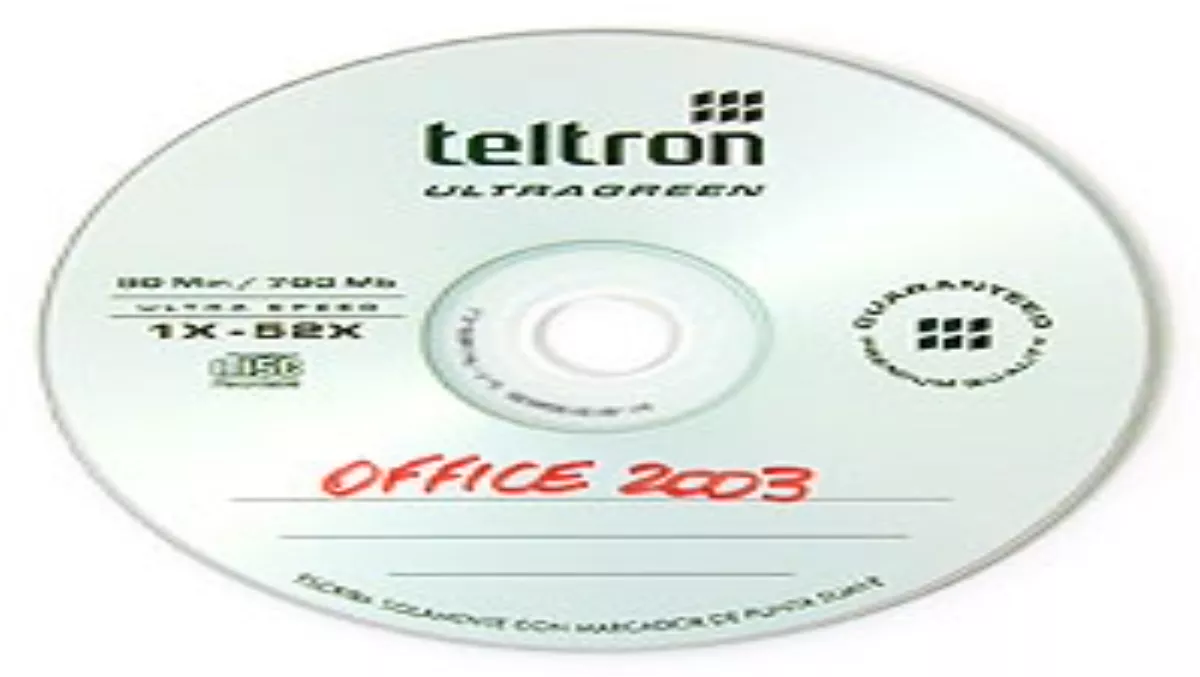
Report: Global piracy increased in 2009
IDC figures for New Zealand show a significant decrease in local piracy despite an increase worldwide.
According to the IDC Piracy Study, worldwide piracy rates for 2009 increased slightly, up 2% to 43%, over 2008 figures.
Mark Rees, Microsoft New Zealand's National Technology Officer, said, "In light of this, the New Zealand figures can be seen to represent a significant decrease in piracy, bucking the global trend.
Around the world, piracy levels varied across 2008 and 2009 with Australia experiencing a decrease from 26% to 25% and China from 80% to 79%. The UK stayed the same at 27% as did the US at 20%.
Earlier today a seller of counterfeit Microsoft Office 2007 software on Trade Me was successfully sued.
Microsoft recommends the following steps as a guide to buying legitimate software:
Are you buying from a known and reputable reseller (or retailer)?
There is only ONE way to be 100% sure you're buying genuine Microsoft software. Buy from a reseller or retailer you can TRUST.
Is the software you are looking to purchase much cheaper than anywhere else you've seen?
The general rule of thumb that is proven time and time again is "if it seems too good to be true it usually is".
Are you able to contact the seller after you have received the software?
Be wary if the seller is reluctant or won't provide a phone number, address and other pertinent contact details.
Does the seller have satisfied and happy customers?
When buying online, always look at feedback from other customers. If there is any questionable feedback steer clear.
What is the seller's return policy?
Find out what the return policy is. Make sure there is a way to return them if you aren't happy.
Does the software have a Certificate of Authenticity (COA)?
A Certificate of Authenticity (COA) is a label that helps you identify genuine Microsoft software.

